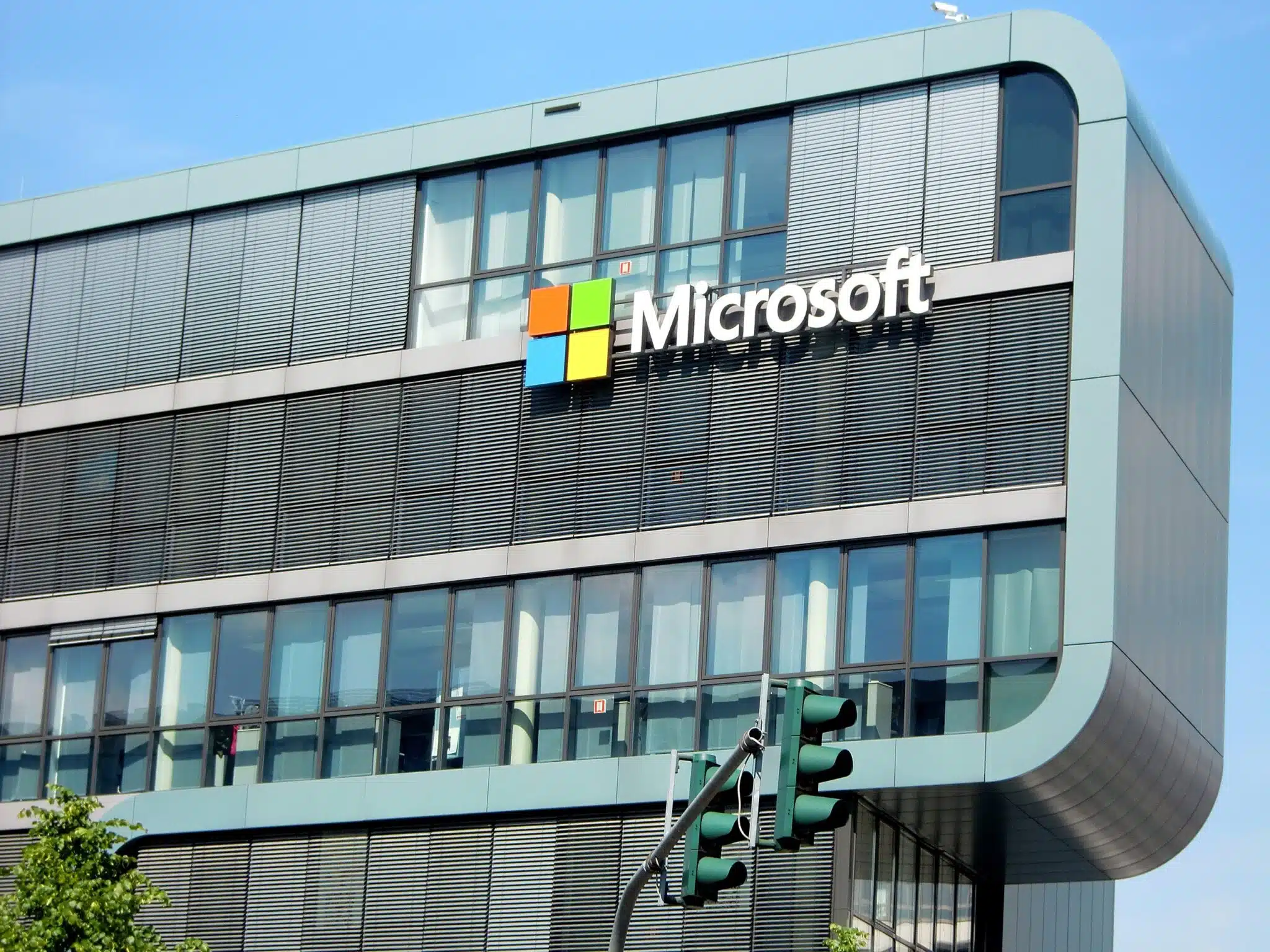Microsoft is once again rebranding its AI. What started out as “Bing Chat” and is now known as “Copilot” will once again change.
The specific name for the rebrand remains under wraps, as it is unknown to the public, but it is a reality. The question is, will it still be one of the confusing monikers the company uses for its products? Or will it be a more user-friendly name?
Technology moves at a staggering speed nowadays, but Microsoft’s rebranding tradition remains. The hope for the company is for Copilot to become a mainstream AI chatbot such as ChatGPT.
Microsoft’s rebranding legacy
Microsoft’s most infamous rebrand is not related to AI. Back in the late 2000s, Microsoft developed a phone line initially called the “Windows 7 Phone Series.”
The unnecessarily long and confusing name was eventually changed to “Windows Phone 7”.
But this is just an example. Microsoft has rebranded products such as the “Windows Store” to the “Microsoft Store”, or the Xbox Elite controller, which was changed to an even more confusing name “Xbox Elite Wireless Controller Series 2.”
The first big rebrand that Microsoft launched was Windows XP in 2006. The tech giants changed their operating system from Windows XP to Windows Vista, with the goal of introducing a new touch interface for touchscreen devices.
This newer operating system did introduce some new features but the rebrand was met with mixed reviews, and the interface was eventually abandoned in Windows 10.
The rebranding of Internet Explorer is perhaps the most infamous Microsoft rebrand of all time. The web browser was called “Internet Explorer” since its inception and introduction in 1995.
But since new browsers like Mozilla and Google Chrome came on the scene, Internet Explorer became the butt of the joke. The rebranding of Internet Explorer was a complete failure. So much so, that the company completely abandoned the browser and developed a new one in “Edge.”
Despite Copilot’s eventual rebrand, Microsoft is still trying to become a major AI player
Microsoft’s rebranding legacy is questionable, to say the least, but the company is attempting to become a major AI player.
The tech giants have invested heavily in its Azure cloud platform, optimizing it for AI-related workloads. Microsoft’s new AI infrastructure is powered by cutting-edge GPUs specifically designed for large language models and generative AI applications.
The main goal of Microsoft’s innovative project is positioning Azure as a backbone for AI innovation across many AI-related industries.
Microsoft has also used this newly developed infrastructure to gain strategic partnerships in diverse production sectors.
For instance, the Bimbo Group now uses Microsoft’s Azure for AI internal compliance. Telkomsel has also used the infrastructure to upgrade its customer service with AI-powered virtual assistants.
Despite Microsoft’s shift to focus on AI infrastructure, it remains to be seen whether yet another rebrand of their AI chatbot will compete with major players such as ChatGPT and Gemini.

